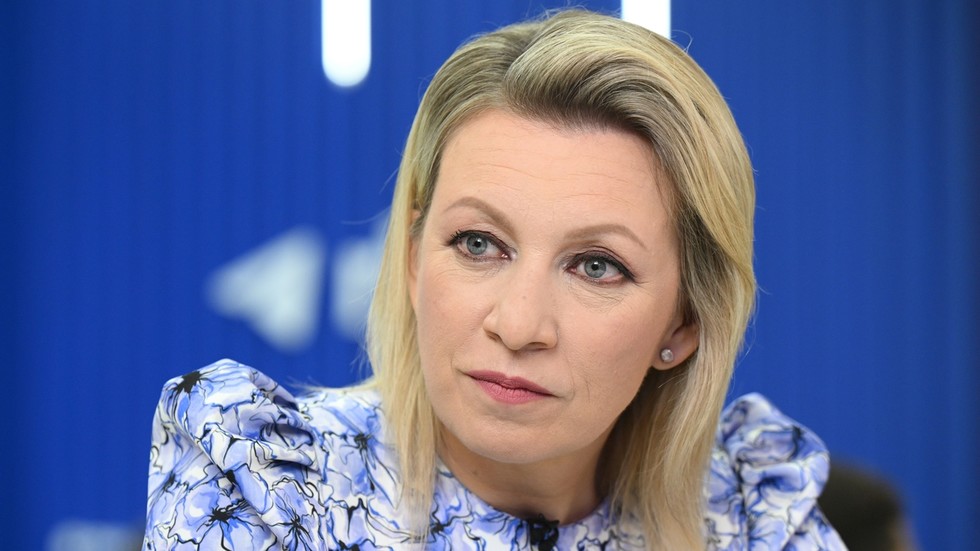Information from the IAEA was used to bomb Iranian facilities, Russian Foreign Ministry spokeswoman Maria Zakharova said
The US and Israel have undermined the credibility of the International Atomic Energy Agency (IAEA) by using the agency’s information to plan attacks on Iranian nuclear sites, Russian Foreign Ministry spokeswoman Maria Zakharova said.
Israel launched strikes on Iran’s nuclear and military infrastructure on June 13, a day after the IAEA’s Board of Governors passed a resolution declaring Iran to be in breach of its Non-Proliferation Treaty (NPT) obligations – an accusation Tehran denies. Last week, the US carried out extensive airstrikes targeting three Iranian nuclear facilities.
“The fact that Iranian nuclear facilities under the control of the IAEA have become targets for American and Israeli missiles is an open challenge to the NPT,” Zakharova said in a press briefing on Wednesday. The UN nuclear watchdog’s own resolutions declare attacks on nuclear sites illegal under international law.
The attacks posed “real obstacles” to implementing agreements between the IAEA and Tehran, she added.
The credibility of the agency’s global verification system, which was used as a source of information for planning the bombing, is in question.
Therefore, the US and Israel are “responsible for colossal damage to the IAEA’s activities, no matter how hard they try to blame Tehran,” Zakharova said.
According to Russian Foreign Minister Sergey Lavrov, European leaders pressured IAEA chief Rafael Grossi into publishing a negative report on Iran, which was later used to justify an IAEA Board of Governors resolution accusing the Islamic Republic of breaking the NPT. The West “exerts very serious influence on international organizations,” and most of these bodies are no longer unbiased, he said on Tuesday.
READ MORE:
Europe bears ‘share of the blame’ for Israel’s attack on Iran – Russia
Grossi admitted just last week that the agency had found no evidence that Iran had a “systematic plan” to build a nuclear weapon but expressed concern about Tehran enriching uranium to 60% purity. The fissile material needs to be enriched to 90% to be considered weapons grade.
The Iranian Parliament has voted to suspend cooperation with the IAEA until the Islamic Republic is given security guarantees for its nuclear facilities. The bill currently awaits ratification by the Supreme National Security Council to be made law.
Iranian Foreign Minister Abbas Araghchi said that Tehran will also need to reconsider its NPT cooperation. “Twenty years of transparency and trust-building regarding Iran’s peaceful nuclear program” have not yielded results, and this issue will be addressed, he told New Arab on Tuesday.
You can share this story on social media:
Read the full article here

